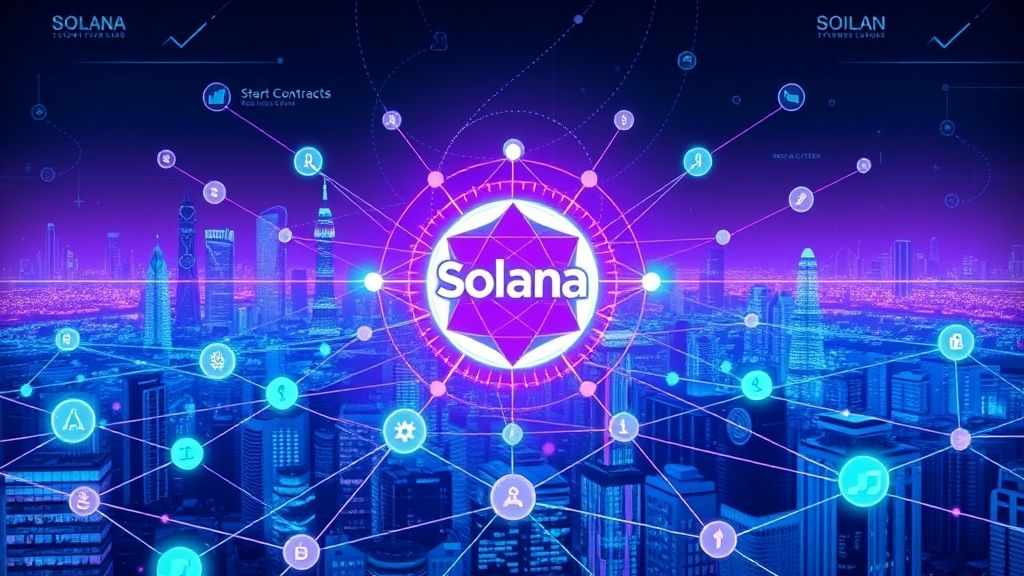
Decentralized Finance (DeFi) has emerged as a transformative force in the financial sector, challenging traditional banking systems and offering users unprecedented control over their financial assets. At the forefront of this revolution is Solana, a high-performance blockchain platform that has garnered significant attention for its scalability, low transaction costs, and developer-friendly ecosystem. This article delves into how Solana's token development is influencing the DeFi landscape, examining its technical features, ecosystem growth, real-world applications, challenges, and future prospects.
The Rise of Solana in the DeFi Space
Solana's ascent in the DeFi arena can be attributed to its innovative architecture and commitment to scalability. Unlike Ethereum, which employs a Proof-of-Work (PoW) consensus mechanism, Solana utilizes a unique combination of Proof-of-History (PoH) and Proof-of-Stake (PoS). This hybrid approach enables the network to process thousands of transactions per second (TPS), significantly reducing latency and transaction costs. As of late 2021, Solana's average transaction fee was approximately $0.18, positioning it as an attractive option for DeFi applications that require high throughput and low fees.
The platform's native cryptocurrency, SOL, plays a pivotal role in its ecosystem. SOL is used for transaction fees, staking, and governance, providing users with incentives to participate in network security and decision-making processes. The token's utility extends beyond mere transactions, fostering a vibrant community of developers, validators, and users who contribute to the network's growth and stability.
Technical Features Driving DeFi Innovation
Solana's technical prowess is a key factor in its appeal to DeFi developers. The network's ability to handle high transaction volumes without compromising speed or cost is essential for applications such as decentralized exchanges (DEXs), lending platforms, and yield farming protocols. Features that contribute to Solana's performance include:
Proof-of-History (PoH): A cryptographic timestamping mechanism that enables nodes to agree on the time order of events without requiring communication, thereby increasing throughput.
Sealevel: A parallel smart contract runtime that allows for concurrent transaction processing, optimizing resource utilization.
Turbine: A block propagation protocol that breaks data into smaller packets, reducing bandwidth requirements and enhancing network scalability.
Gulf Stream: A mempool-less transaction forwarding protocol that enables validators to execute transactions ahead of time, further reducing confirmation times.
These innovations collectively enhance Solana's capacity to support complex DeFi applications, making it a preferred choice for developers seeking efficiency and scalability.
Ecosystem Growth and Real-World Applications
Solana's DeFi ecosystem has experienced rapid expansion, with numerous projects launching on the platform. Notable applications include:
Serum: A decentralized exchange that offers high-speed trading and low fees, leveraging Solana's infrastructure to provide a seamless user experience.
Raydium: An automated market maker (AMM) and liquidity provider that integrates with Serum, facilitating efficient token swaps and liquidity provisioning.
Solend: A decentralized lending and borrowing platform that allows users to earn interest on their crypto assets or borrow against them.
Mango Markets: A decentralized trading platform that combines spot and perpetual futures trading with high leverage, catering to professional traders.
These platforms exemplify the diverse use cases enabled by Solana's technology, ranging from trading and lending to derivatives and synthetic assets. The interoperability between Solana-based applications fosters a cohesive DeFi ecosystem, attracting users and developers alike.
Institutional Interest and Investment
The institutional interest in Solana's DeFi ecosystem is evident through significant investments and partnerships. For instance, DeFi Development Corp's $125 million equity deal aimed at expanding its Solana treasury underscores the growing confidence in the platform's potential to support large-scale DeFi operations. Such investments not only bolster the network's liquidity but also signal to the broader financial community the viability of DeFi solutions built on Solana.
Furthermore, the tokenization of Real-World Assets (RWAs) on Solana has garnered attention, with estimates suggesting that RWAs worth around $20 billion could be tokenized on the platform. This development opens avenues for integrating traditional financial assets into the DeFi space, bridging the gap between conventional finance and blockchain technology.
The Future of Solana in DeFi
Looking ahead, Solana's role in the DeFi sector is poised to expand further. Ongoing developments aim to address existing challenges and enhance the platform's capabilities. Initiatives include:
Cross-Chain Interoperability: Efforts to improve compatibility with other blockchains, facilitating seamless asset transfers and communication across networks.
Enhanced Security Protocols: Implementation of advanced security measures to safeguard against potential vulnerabilities and attacks.
Developer Tools and Resources: Expansion of developer support through comprehensive documentation, SDKs, and community initiatives to foster innovation.
Scalability Solutions: Continued optimization of network protocols to accommodate growing transaction volumes and user demands.
By addressing these areas, Solana aims to solidify its position as a leading platform for DeFi applications, offering a robust and secure environment for developers and users alike.
Conclusion
Solana token development has significantly influenced the evolution of decentralized finance, providing a scalable, low-cost, and efficient platform for DeFi applications. While challenges such as security and network congestion persist, the platform's technical innovations and growing ecosystem position it as a formidable player in the DeFi landscape. As the sector continues to mature, Solana's contributions are likely to shape the future of finance, promoting greater accessibility, transparency, and inclusivity in financial services.


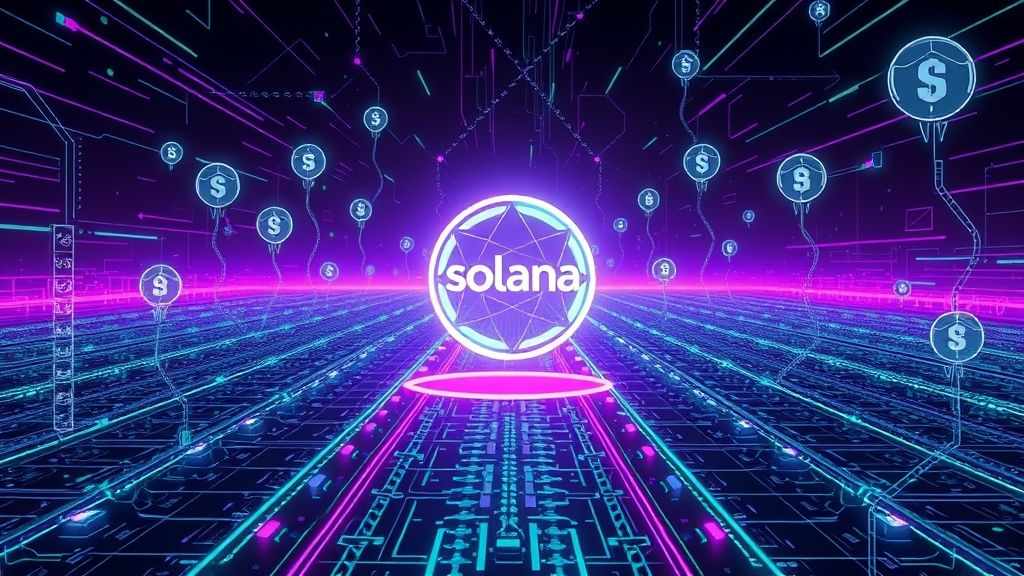

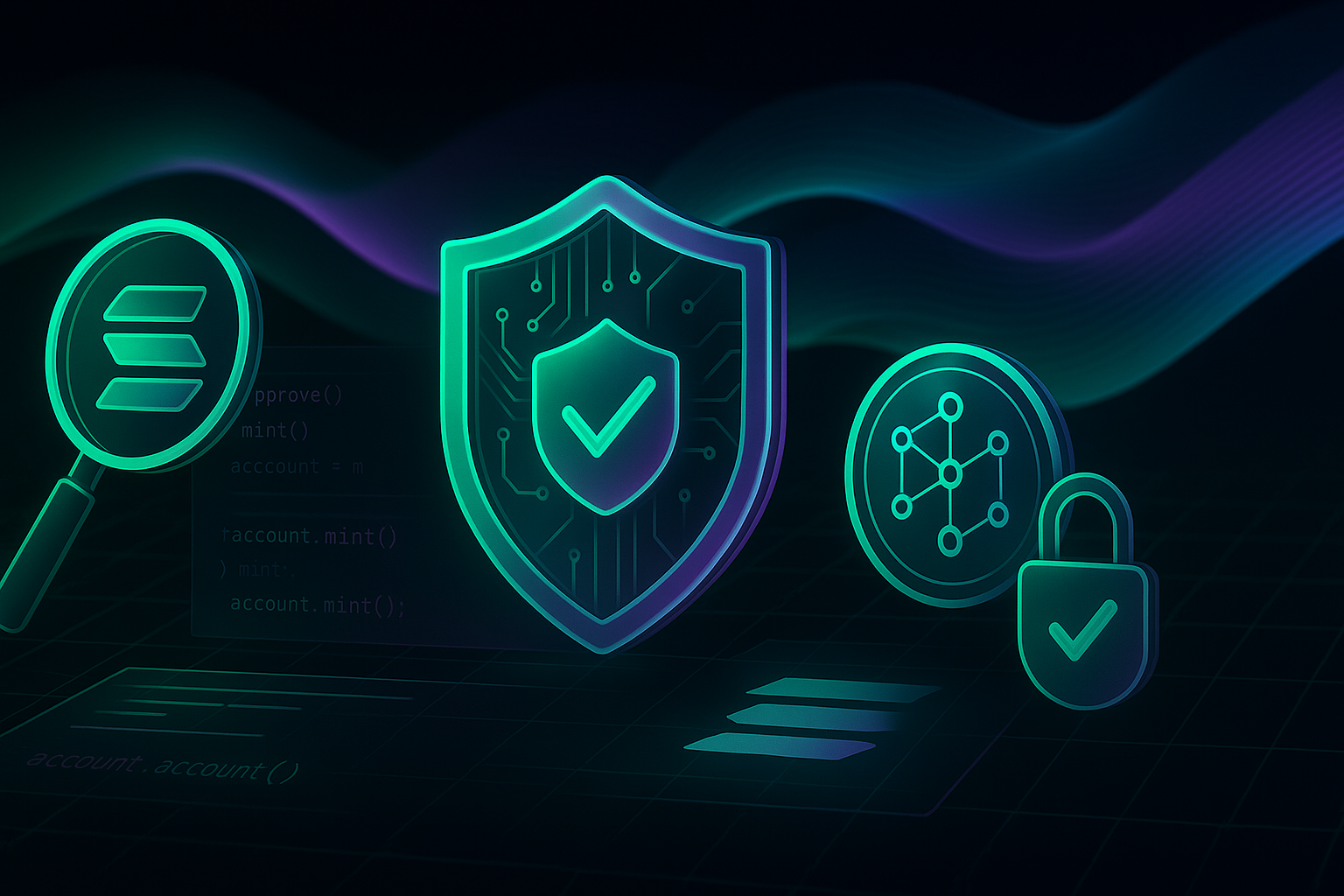

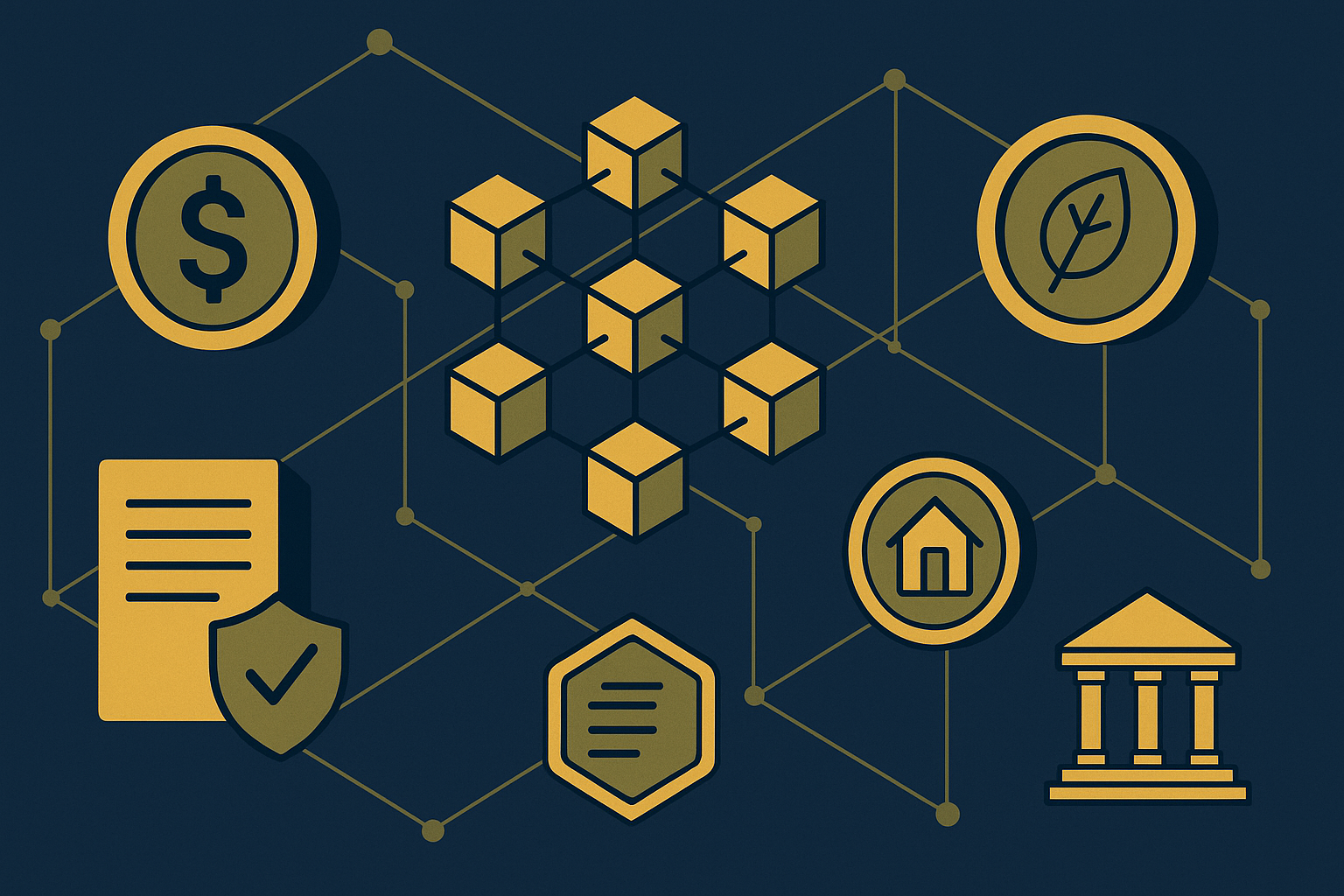
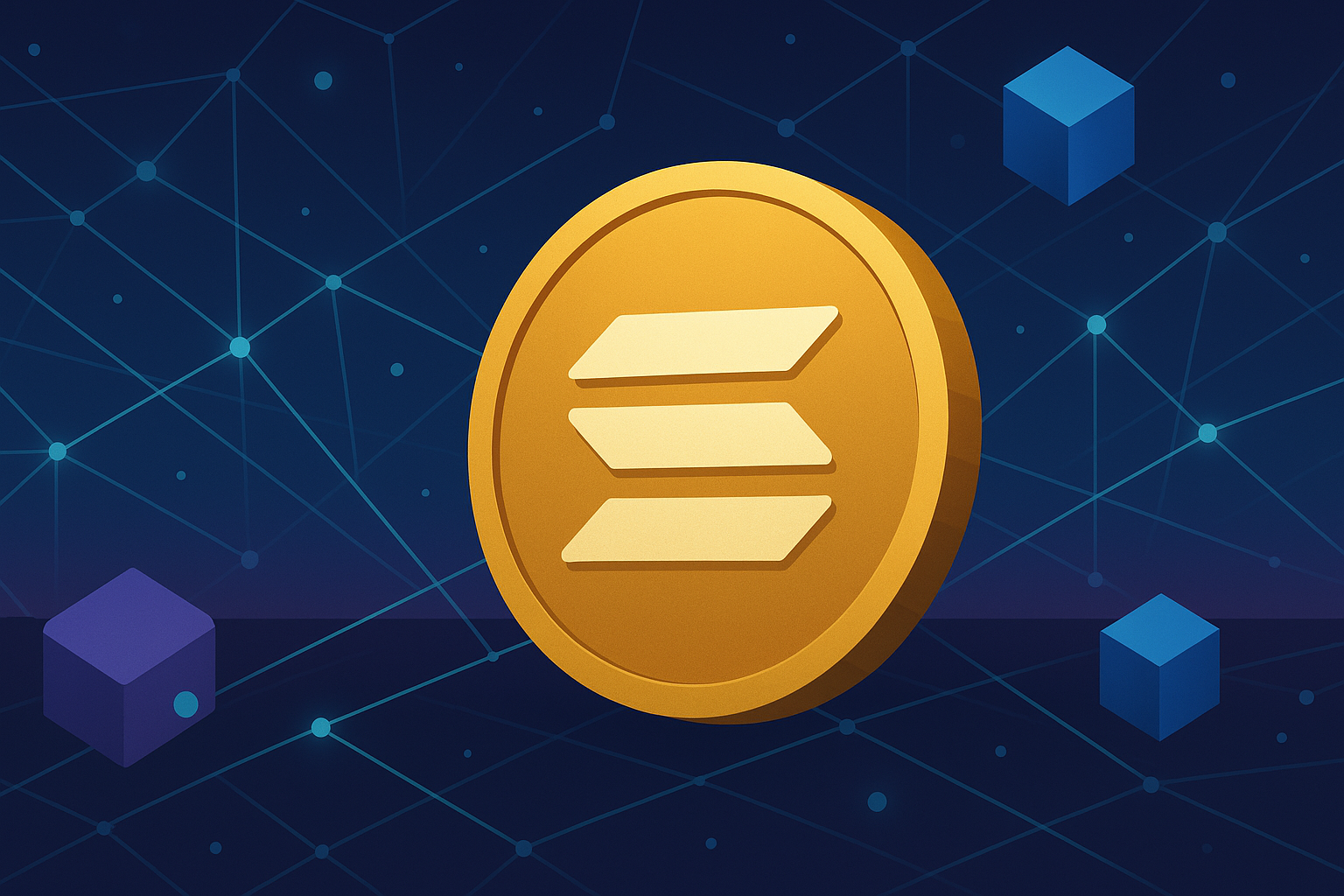

Write a comment ...